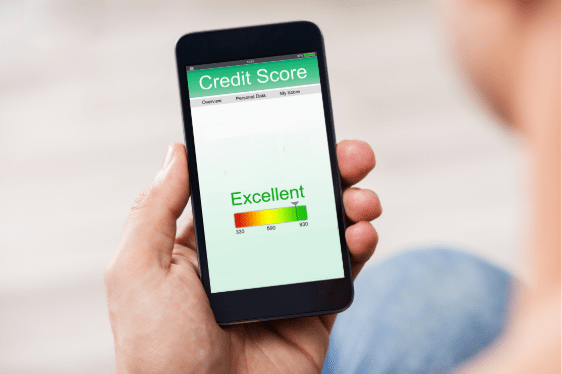
15 Jan A New Year’s Resolution: Improve Your NZ Credit Score
When it comes to finance and loans, having a good credit score is vital. Every time you apply for credit – be it anything from a phone or electricity account to a personal loan, car finance or mortgage – lenders use your credit score to determine your credit-worthiness. A good credit score can mean a better interest rate or an approved loan rather than one that is declined. It makes sense then to maintain a good credit score.
If your new year’s resolution is to improve your NZ credit score, here are some tips to help get you started.
1. What is a credit score?
A credit score is a number, most commonly ranging between 0 and 1000, to indicate how likely you are to pay your bills on time. Credit reporting bureaus collect information – like your payment history, total debt, the length of your credit history, and your recent credit activities – and use a complex algorithm to calculate your credit score. Lenders use your credit score to assess your credit-worthiness.
2. Why is your credit score important?
A solid credit history and a good credit score can have a significant impact on your ability to access affordable credit. Not only is a good credit score vital when you’re applying for a mortgage or car finance, it can also make a difference in the interest rates you’re charged. If your credit score is low because of late or missed repayments, you may be charged a higher interest rate or you could have difficulty securing finance.
3. How can I improve my credit score?
If you have a poor credit score, there are steps you can take to improve your credit score and consequently your ability to access more favourable finance and terms:
- Make payments on time: A missed repayment can leave a lasting black mark on your credit report, so ensure you pay your bills on time and in full before the due date. That way your credit record will show consistent and punctual payments which helps improve your credit score. Set up direct payments to avoid missing important due dates and if possible, pay more than the minimum balance. If you’re struggling to meet your repayments, it’s important you notify the lender early and arrange to set up a repayment schedule that you can maintain.
- Pay your credit card in full every month to build a good credit history, and cancel unused credit cards and accounts as multiple sources of credit don’t look good on your credit history.
- Check your credit report regularly to ensure the information they have is accurate and report any errors you find.
- Don’t share bills with flatmates who may not pay their bills on time as your credit score could suffer.
- Limit credit applications: Each time you apply for new credit, an entry is made on your credit record. If you apply for several finance options in a short space of time, it can be a red light for lenders, particularly if your applications are consistently declined. Avoid applying for any new credit accounts until you’ve had a chance to build up a solid repayment history with your existing debt. Only apply for credit when you absolutely need it and space out any applications so you’re not applying too often all at once.
- Avoid payday loans and quick finance options: If you have missed repayments and have defaults on your credit report, or you’re struggling with a low credit score, talk to Max Loans about our bad credit loans, as paying off a loan with us may be one of the best ways to improve your credit profile.
- It’s vital that any outstanding debt – including credit cards, HP, or personal loans – is paid off in full by the due date. And avoid spending on your credit cards to keep your balance low for longer.
4. How can I “safely” check my credit score?
It’s a good idea to review your credit score at least once a year or before you apply for any new credit. That way any errors you find can be corrected, you can ensure that your credit data is up to date, and you’ll have an accurate view of your current financial health.
You can request a free copy of your credit report from any of one of the three credit reporting bureaus in New Zealand: Centrix, Illion and Equifax
Your credit report contains a detailed history of your positive credit information – regular repayments to your mortgage, credit card, hire purchase or loans – as well as negative information like court judgements or payment defaults. It’s important you check it for accuracy and report any errors to the credit reporting bureau to ensure your credit score is not compromised.
Don’t let a bad credit score hold you back
It can be difficult securing finance with a low credit score. At Max Loans, we believe that everyone deserves a second chance. Bad credit loans from Max Loans could be the solution you need to turn your credit score around. Get in touch with our team today to find out about taking out a bad credit loan to boost your credit profile back to good health.
Apply Now
Find this article helpful? Don’t forget to like it or share it on Facebook.


